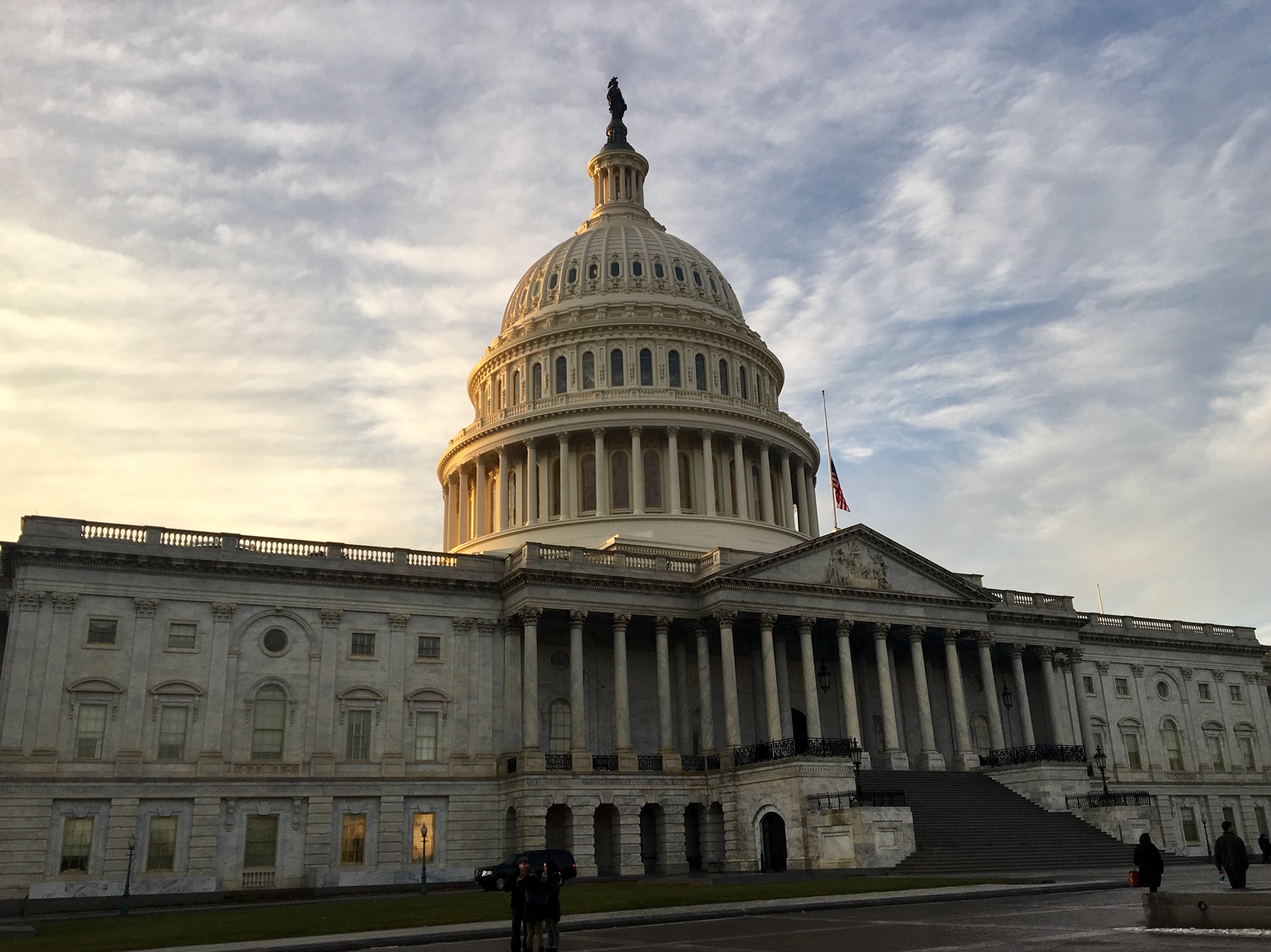Reporters Committee urges Congress to adopt FISA reform bill amendments to protect press

Update: On May 13, the Senate passed the Lee-Leahy amendment with broad bipartisan support, 77 to 19. The Daines-Wyden amendment, however, failed to pass in the Senate by just one vote.
Ahead of an expected vote this week on a bill to reform parts of the Foreign Intelligence Surveillance Act, the Reporters Committee sent a letter to the U.S. Senate on Monday urging members to support two amendments that will help ensure that, in the rare case that FISA investigations implicate the press, the government’s surveillance tools can’t be “used to interfere with a free and independent press through the monitoring of newsgathering and attempts to stifle news reporting on matters of significant public interest.”
The current bill, known as the USA FREEDOM Reauthorization Act, was already passed by the House back in March. The base bill would end the authority for the call detail records program, which permitted the government to access certain call metadata held by telecom companies. It would also expressly require a FISA warrant for cell site location and global positioning system information.
The two amendments offer protections in different ways. One amendment, authored by Sens. Mike Lee (R-Utah) and Patrick Leahy (D-Vt.), would expand the use of amicus curiae — court-appointed experts who represent the interests of individual privacy and civil liberties — in the Foreign Intelligence Surveillance Court. While current law requires the appointment of an amicus curiae only when the court is presented with “a novel or significant interpretation of the law,” the amendment would expand mandatory appointment to other scenarios, including when a case before the court “presents or involves” an “investigative matter involving the activities of … the domestic news media.”
The second amendment, introduced by Sens. Steve Daines (R-Mont.) and Ron Wyden (D-Ore.), would prohibit applications under the FISA “business records” provision that seek “internet website browsing information or internet search history information.” Echoing the argument it made in the Supreme Court case that established a warrant is needed for seven days’ worth of cell site location information, the Reporters Committee explained in its letter that web browsing information can likewise expose “sources and journalistic methods [and] can put sources’ jobs and lives at risk, compromise the integrity of the newsgathering process, and have a chilling effect on reporting.”
Read the full Reporters Committee letter.
The Reporters Committee regularly files friend-of-the-court briefs and its attorneys represent journalists and news organizations pro bono in court cases that involve First Amendment freedoms, the newsgathering rights of journalists and access to public information. Stay up-to-date on our work by signing up for our monthly newsletter and following us on Twitter or Instagram.